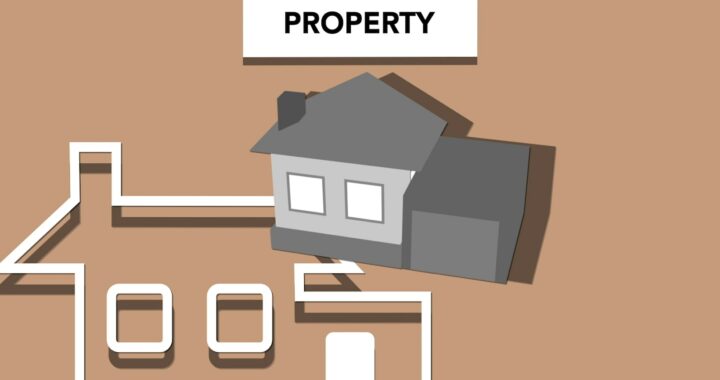
Managing Your Investments: How to Invest in Out of State Real Estate
How to Invest in Out of State Real Estate
One of the first steps when investing in out-of-state real estate is conducting thorough market research. Understanding the local market conditions, such as supply and demand dynamics, rental rates, vacancy rates, and economic indicators, is crucial for making informed investment decisions. Additionally, familiarize yourself with any specific laws or regulations that may differ from your home state.
Building a reliable team on the ground is another key aspect of successful out-of-state real estate investing. Find a reputable local real estate agent who specializes in investment properties and has extensive knowledge of the area. They can help you identify potential deals and provide valuable insights into the local market trends.
Benefits of Investing in Out-of-State Real Estate
Factors to Consider Before Investing
Before diving into out-of-state real estate investments, it’s essential to carefully evaluate certain factors that can significantly impact your success. Here are a few key considerations:
- Market Research
- Local Regulations
- Property Management
Tax Benefits of Out-of-State Real Estate
Investing in out-of-state real estate also offers attractive tax benefits that can enhance your overall returns:
- Tax Deductions: You can deduct various expenses related to owning an investment property from your taxable income – such as mortgage interest payments, property taxes paid, insurance premiums, repairs/maintenance costs – regardless of where the property is located.
- Depreciation Benefits: Properties typically depreciate over time due to wear and tear or obsolescence. This depreciation expense allows you to offset your rental income, reducing your taxable income.
- 1031 Exchange: Another advantage of out-of-state real estate investment is the ability to utilize a 1031 exchange. This provision allows you to defer capital gains taxes by reinvesting the proceeds from the sale of one property into another like-kind property within specific timeframes.
Finding The Right Property
Finding the right out-of-state property requires diligent research and a strategic approach:
- Network with Local Professionals: Build connections with local real estate agents, brokers, and property management companies who can provide insights into the market and help you identify potential investment opportunities.
- Leverage Online Tools: Utilize online platforms that offer extensive property listings, neighborhood data, and market analytics. These resources can assist you in narrowing down your search and analyzing different market dynamics.
- Due Diligence: Conduct thorough due diligence on any properties that catch your attention. Analyze factors such as cash flow potential, vacancy rates, employment prospects, crime rates, proximity to amenities/transportation hubs before making an informed decision.

Choosing The Right Location For Your Investment
Evaluating Local Economy And Job Market
Before making any investment decisions, it’s essential to assess the health of the local economy and job market in your chosen location. Look for areas with a stable or growing economy, as this indicates a higher likelihood of sustained property value appreciation. Research industries that are thriving in the area and determine whether there are diverse employment opportunities available.
Consider factors like population growth, business development plans, infrastructure projects, and any major corporations or universities nearby that could contribute to economic stability. Areas with a strong job market tend to attract more renters or potential buyers for your investment property.
Assessing Rental Demand And Vacancy Rates
Another critical factor to consider is the rental demand in your chosen location. Look at historical data on vacancy rates to get an idea of how quickly properties are rented out in the area. Low vacancy rates suggest high demand for rentals, which can translate into consistent cash flow from tenants.
Research demographics and target markets within the area to understand who your potential tenants might be. For example, if you’re interested in student housing investments near universities or colleges, analyze student enrollment trends and housing options available on campus.
Considering Property Appreciation Potential
Property appreciation potential should also factor into your decision-making when investing in out-of-state real estate. Look for areas with a history of steady appreciation rates over time—research recent trends and projections for future growth.
Consider factors like proximity to amenities (schools, parks), transportation links (highways, airports), and planned infrastructure improvements. These elements can contribute to the overall desirability of the location and increase the chances of your property appreciating.
Investing in out-of-state real estate can be lucrative for savvy investors looking to diversify their portfolios. While investing in out-of-state real estate offers great potential rewards, risks are also involved. Be prepared for unfamiliar markets or remote management issues by thoroughly researching each opportunity and seeking professional guidance.





